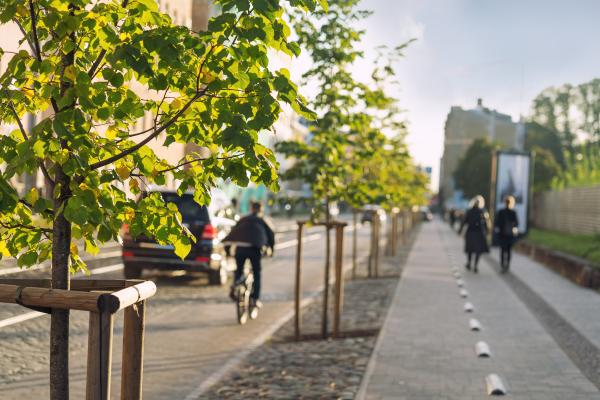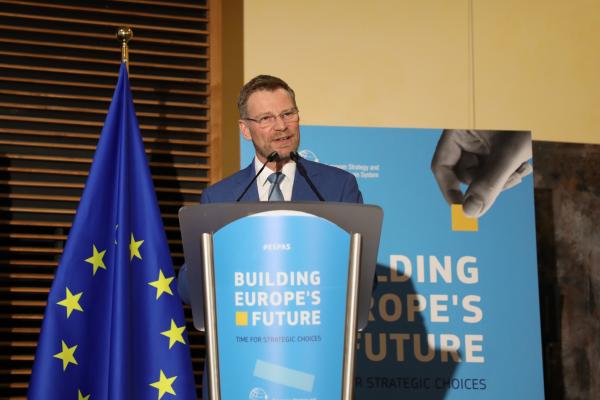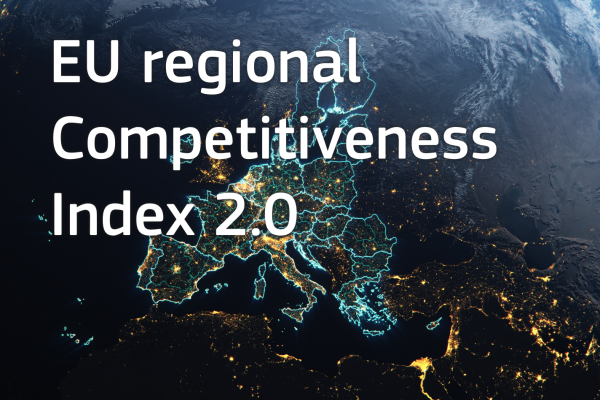
Promoting citizen and civil society participation in the creation of public policy can contribute to enhance the resilience and quality of our democracies. It helps governments to address divisive and complex issues while taking into account citizens’ expectations.The European Commission adopted today a new Recommendation on promoting the engagement and effective participation of citizens and civil society organisations in public policy-making processes.
The recommendation forms part of the ‘Defence of Democracy’ package and encourages Member States to develop a structured approach to participation processes through predictable, accessible and inclusive frameworks. The recommendation introduces specific measures to support and encourage citizen participation in public policy-making, ensuring inclusiveness to the best possible extent. It also aims to create and maintain a safe and enabling environment for civil society organisations and human rights defenders, allowing them to effectively participate in democratic policy-making.
Innovative forms of citizen participation, such as online and in-person co-creation and deliberative processes, can create spaces through which policymakers can get in direct contact with citizens’ needs, expectations and ideas. This can contribute to support and renew public governance, for example in devising measures to tackle climate change tailored to specific territories, or in making decisions on infrastructure investments.
The recommendation underlines the importance of involving the people affected by the rules and decisions being taken, making sure that their views and evidence are considered throughout the entire policy-making process. It also suggests using the best available statistical random sampling techniques, as they help ensure inclusiveness.
Particular attention is given to children and young people, who are rarely involved in decision-making processes: the Commission encourages Member States to make special efforts to strengthen their participation in the political and democratic life at local, regional and national level – including in rural and remote areas.
The Joint Research Centre (JRC) played an important role in developing the aspects of the recommendation that focus on citizen participation in policy-making processes, thanks to its over 20 years of research in the field. The JRC manages the Competence Centre on Participatory and Deliberative Democracy, a body that provides services, guidance and tools, and builds capacity to support the development of socially robust policy through citizen engagement processes.
The JRC also has extensive practical experience in piloting and promoting citizen engagement. For example, it recently published an Atlas on BiodiverCities, a pilot project of the European Parliament focused on co-creating urban green infrastructure. Thanks to the involvement of citizens in ten cities across Europe, the project experimented participatory and innovative approaches to enhance biodiversity in urban areas. The project supported the EU Biodiversity Strategy for 2030.
Background
Citizen engagement is a valuable tool to nurture, protect and strengthen our democracy. It plays an important role in the 6th priority of the European Commission for 2019-2024, A new push for European democracy.
The Conference on the Future of Europe, with more than 6500 events organised across Europe and over 750 000 participants online, has been the flagship initiative showing how citizen participation can help shape decision-making in the EU.
Sources
Details
- Publication date
- 12 December 2023
- Author
- Joint Research Centre
- JRC portfolios




